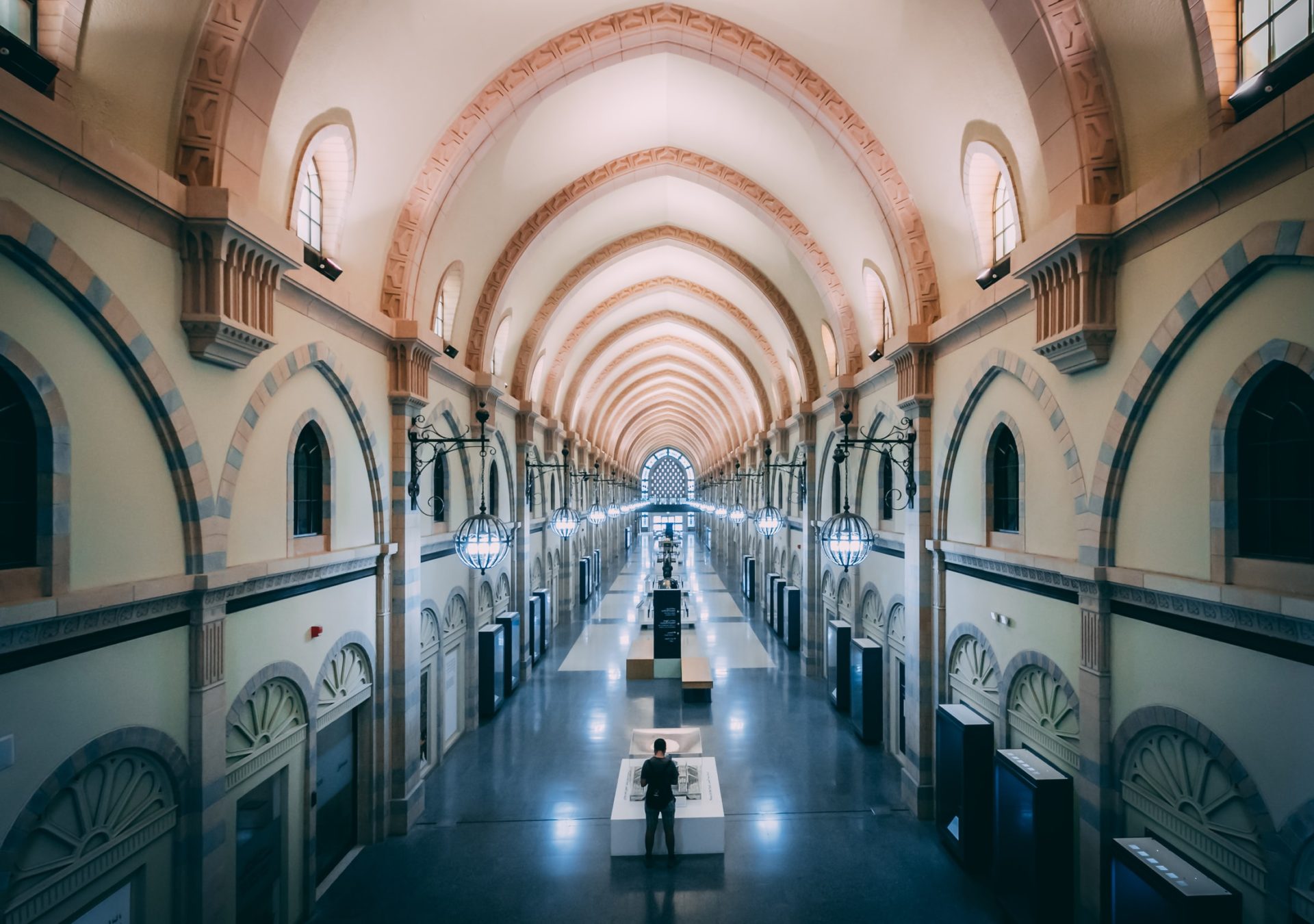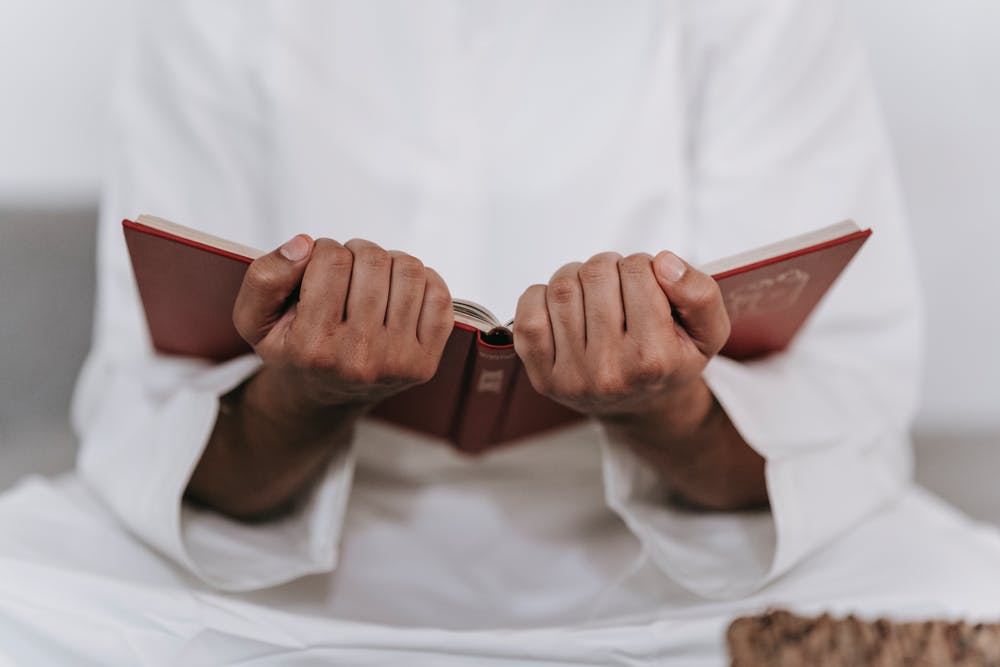History and Evolution of Islamic Finance and Islamic Investment
Islamic history is rich.
Muslims were the first people to develop algebra. The Baghdad House of Wisdom was the leading educational institution in the world during the ninth century. Muslims created incredible music, works of visual art, and poetry.
It’s little wonder that Muslims were among the first bankers and financiers. The history of Islamic finance is long and multi-faceted, yet few people know much about it.
Familiarise yourself with the key events, people, and values of Muslim finance. Here is your guide.
The Early History of Islamic Finance
The Arabic area has been involved in finance since the 2nd century CE. Since it was located between China and Europe, a “silk road” ran through the Arabian Peninsula and Northern Africa.
Merchants set up shops and cities to sell wares to travellers. Residents developed an economy based on trading, providing the first seeds of proto-capitalism.
The Prophet Muhammad (peace upon him) lived from 570 CE to 632 CE. He attracted a large following during the early decades of the 7th century. After his death, his teachings continued to spread across Africa and Asia.
Early Islam, Muslims took their experience and infused it with Islamic principles. The Quran speaks out firmly against interest. Book 3, verse 130 reads, “Do not swallow interest, doubled and redoubled.”
Islamic businesspeople had to develop other ways of raising capital. They created bills of exchange and early forms of partnership, called mufawada. This allowed businesspeople to partner up in ventures, with all partners receiving an equal share of profits.
As the centuries progressed, Muslims developed cheques, start-up companies, and transactional accounts. Muslims were the first to develop corporations that were independent of the state. Trade networks connected Muslim businesses to continental Asia, Africa, and Europe.
Most Muslim businesspeople followed Sharia principles. They avoided interest and harmful enterprises. Yet an Islamic economic philosophy did not arise until the 20th century.
The 20th Century
The 20th century saw incredible strides in Islamic finance. Muslim economists examined conventional Western economics and found some problems. Much of Western economics is based on interest and the financing of harmful practices.
To allow Muslims to follow their values, Islamic banking came underway. The Mit Ghamr Savings Bank opened in 1963. The Bank no longer exists, but it inspired many other Islamic economists to open banks based on their values.
The Islamic Development Bank opened in Saudi Arabia in 1975. The Bank expanded quickly, extending deals to member countries all over the world. This put Islamic finance on the world stage, allowing it to compete with Western principles.
The Islamic Insurance Company of Sudan was the first company to offer Islamic insurance. It avoided interest-based transactions and gambling investments.
To organize the rapidly growing industry, the Accounting and Auditing Organization for Islamic Financial Institutions (AAOIFI) opened in 1990. AAOIFI provided more than 100 auditing and ethical standards.
In 1996, Citibank opened its Islamic banking division. The Citi Islamic Investment Bank became the first Islamic bank that a major financial institution established. Other companies soon followed, offering Islamic banking sub-divisions.
Modern Islamic Finance
Islamic finance remains strong today. The heart of Islamic finance lies in the Arabian peninsula, but Western nations have recognized the power of Islamic investment principles.
In 2004, the Islamic Bank of Britain opened its doors. The Bank was the first Islamic commercial bank that businesspeople established outside of the Muslim world.
Islamic finance remained stable after the 2008 economic crisis. This brought more attention to Islamic finance in the West. The United Kingdom hosts five licensed Islamic banks, with another 20 offering Islamic financial products.
The Americas remain a largely untapped market. A few banks offer Sharia-compliant services in the United States, but these services are few and far between. The first Islamic bank in South America opened in 2017.
The Asian-Pacific region has proved lucrative for Islamic finance. Sharia-compliant financial groups comprise one-quarter of the financial sector in Malaysia. With the largest Muslim population in the world, Indonesia is expected to see a boom in Islamic investment.
Though the Islamic finance movement has just begun in Australia, Australia has potential. Thousands of Australians have already signed up with Islamic super funds. Islamic financial experts are experienced and ready to expand their market.
Principles of Islamic Investment
Sharia guides Muslims in sociopolitical and economic matters. At its core, Sharia emphasizes social justice and balance. Human beings must live and work together, sharing resources that Allah gives to them.
A major idea in Sharia is that Allah owns all wealth. Human beings are the trustees of His wealth, but we must follow His commands. We can enjoy the wealth, but we cannot destroy resources while doing so.
Our material pursuits need balance. A Muslim should pursue a middle path, avoiding penny-pinching and materialism. Sharia-compliant economics is a religious act in and of itself, yet a Muslim must follow the other major values of their faith.
Needs must also be balanced. A Muslim should provide for themselves and their family. But they must use resources well, leaving enough for others to meet their needs.
A free-market economy is permissible. Muslims can profit from their business ventures. Muslims can diversify their investments, spreading their assets across a number of industries.
They can go into ventures with non-Muslims, and non-Muslims can invest in Muslim businesses. Muslims should submit to local regulations.
Islam directs the market mechanism through laws and ethics. Everyone should be in a position to meet their needs, with an equal balance of resources.
Prohibitions
The main prohibition in Islamic finance is against interest. It creates social injustice, as the creditor gets wealth without making any effort. It defies hard work, the earnest way to make a living.
The Quran also prohibits uncertainty, known as gharar. When two people engage in a financial interaction, both parties should know what to expect. If one party lacks complete information, that is immoral.
The Quran contains several verses decrying gambling. The Quran divides gambling into two practices.
Maysir is an activity in which a person acquires wealth through chance. This includes pokie machines and roulette.
Qimar is a game of chance. This includes poker and sports betting.
Both of these activities are immoral for the same reasons that interest and uncertainty are immoral. A person makes wealth without putting in any effort. Gambling is based on uncertainty since no one knows if their bet will pay off.
Muslims cannot invest or run a company in any industries that are harmful. This includes alcohol, prostitution, and tobacco.
Contracts in Islamic Banking
Contracts must follow a few basic principles in order to be valid. A contract must have some lawful subject matter. It must follow local regulations and Islamic ethical laws.
A contract must benefit at least one Muslim. It must avoid uncertainty, providing specific information on the terms and conditions.
The service that a contract describes must exist while the contract is being created. The seller must own the service, and they must be able to deliver it. Based on these principles, there are a few categories of contracts.
Contracts of partnership build financial connections amongst parties. A mudaraba involves one party giving money to another party. The second party invests the money, and the two parties share the profit.
If the investment fails, only the investor loses money. But the fund manager must assume responsibility if the loss occurred from their negligence.
A musharaka creates a complete joint venture. Both parties provide capital and invest it. If their investments fail, both parties lose.
Contracts of exchange are sales contracts. They set out the terms for transfers of commodities and money.
A murabaha is a cost-plus contract. A Muslim sells their commodity for its cost plus a profit margin. Both parties know the terms in advance, and the buyer then makes payments.
A salam is a forward-thinking contract. The buyer pays for their goods in advance, and the seller delivers the goods shortly afterwards.
Islamic insurance companies and banks draft contracts of safety and security. These contracts keep funds safe.
A wadia delegates the terms by which an owner gives their property to someone else for safekeeping. A wadia motivates checking and savings accounts in Islamic finance.
The Evolution of Islamic Finance
Islamic finance has more than a millennium of rich history, starting with the Silk Road. The rise of Islam led to a rise in trade connections amongst Asia, Africa, and Europe. Muslims developed fundamental ideas of finance, including transactional accounts.
The 20th century saw the development of Islamic financial philosophy. International institutions have grown over the last 50 years, spreading across the world.
Sharia encourages Muslims to act fairly in finance. They cannot base financial decisions on uncertainty and usury. Contracts create equitable terms that multiple parties can agree to.
Do your business with an investment fund that builds on the extensive history of Islamic finance. Crescent Wealth Super has helped thousands of Australians grow their supers. Contact us today.
Share this
You May Also Like
These Related Stories

A Glossary of Islamic Finance, Islamic Banking and Islamic Investment terms

Islamic Finance: Your Ultimate Guide to the Essentials


